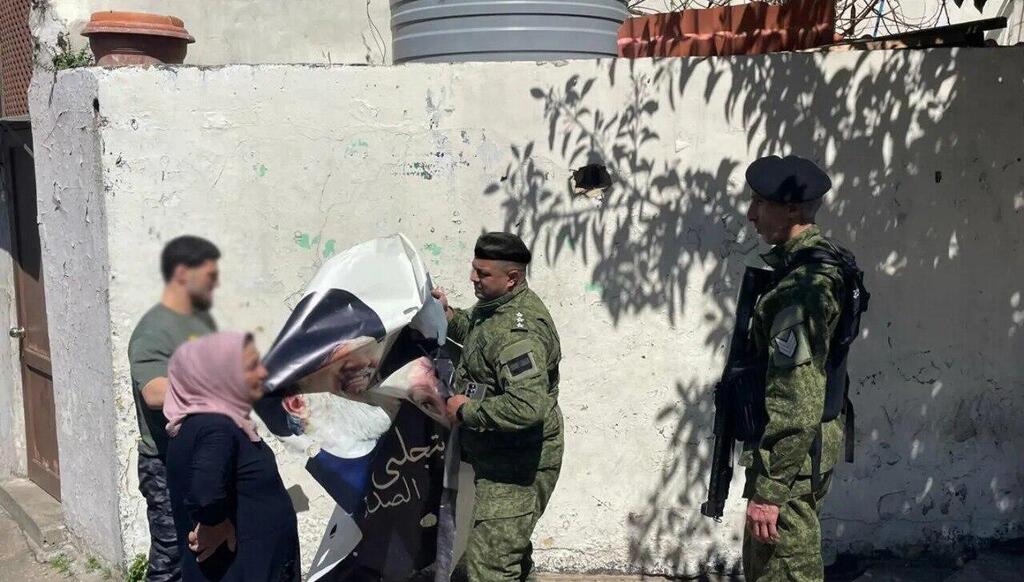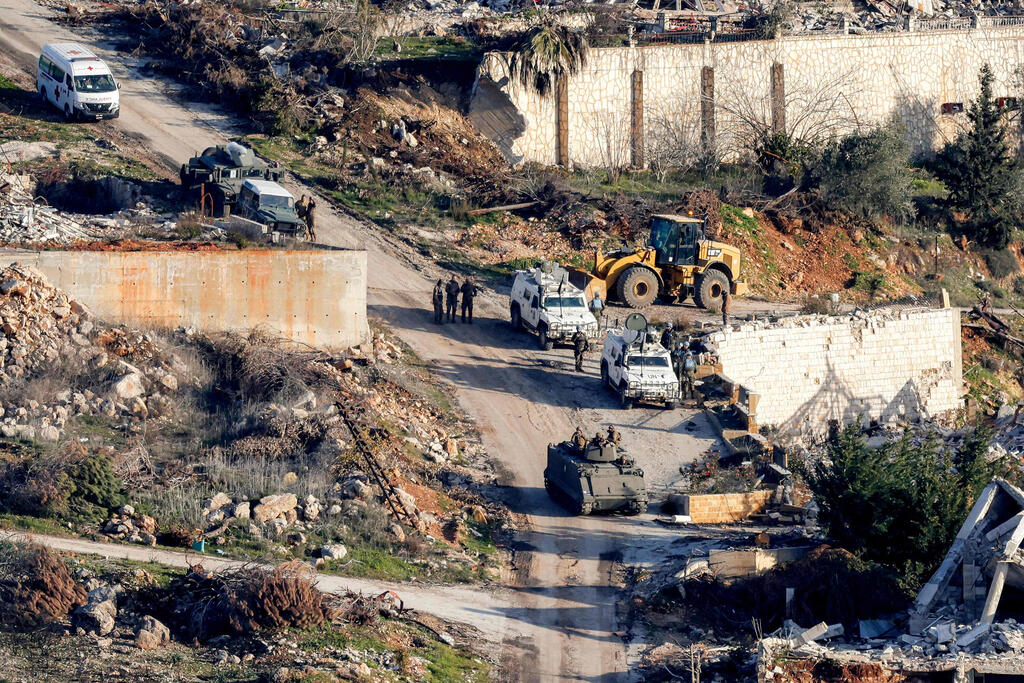Getting your Trinity Audio player ready...
Lebanon’s government is seeking to reassert its authority across the country in a bid to preserve a fragile ceasefire with Israel, which has carried out a series of strikes against Hezbollah since the outbreak of fighting on October 7, 2023, according to The Wall Street Journal.
The effort comes as Lebanon has taken steps to strengthen state institutions after years of political paralysis. In January, lawmakers elected Joseph Aoun as the new president following a more than two-year vacancy. Nawaf Salam was appointed as prime minister shortly after and a 24-member cabinet was formed.
Beirut’s position has gained momentum recently, following a string of Israeli intelligence operations — including one reportedly involving the breach of Hezbollah’s communications systems — as well as airstrikes, targeted assassinations of senior Hezbollah operatives, and a ground operation by Israeli forces that shook the terror group.
For decades, Hezbollah has maintained significant control over parts of Lebanon, particularly in the south. While the balance of power between the government and the Iran-backed group remains delicate, authorities appear to be taking more assertive steps.
Earlier this week, Lebanese officials announced the arrests of several individuals accused of firing rockets into Israel in March. The Lebanese Army said the suspects were involved in attacks on March 22 — the first such incident after more than three months of calm — and again on March 28. The suspects include both Lebanese and Palestinian nationals, according to the army, which said additional arrests are expected.
Hezbollah has denied involvement in the rocket fire, which was launched from a region in southern Lebanon that the group previously controlled.
Meanwhile, Hezbollah-aligned newspaper Al-Akhbar reported that Lebanese security forces have detained more than 30 individuals since March on suspicion of launching rockets toward Israel. Most of them were released, the paper said, except for two Palestinian men and a Lebanese woman, who were arrested in the southern region of al-Zahrani.
Citing unnamed security officials, Al-Akhbar reported that the three admitted to carrying out the attacks in support of the Palestinian people and acted on their own initiative. Another official told the paper the suspects had ties to Hamas, while a third said their fingerprints matched those found on a rocket launch platform. The arrests appear to reflect a growing willingness by the Lebanese state to confront armed groups operating within its borders.
Get the Ynetnews app on your smartphone: Google Play: https://bit.ly/4eJ37pE | Apple App Store: https://bit.ly/3ZL7iNv
Separately, increased security operations have been reported in several regions of the country. According to Lebanese newspaper An-Nahar, residents in the north, the Bekaa Valley, and the south have witnessed a rise in army checkpoints and inspections, particularly of vehicles with tinted windows. The enhanced security led to traffic congestion, including a lengthy jam at the northern entrance to the city of Sidon.
The Lebanese Army said it has located around 260 Hezbollah military sites south of the Litani River and dismantled about 200 of them. However, the slow pace of these operations has drawn frustration from some Lebanese officials and former U.S. officials, The Wall Street Journal reported.
In Beirut, Governor Marwan Fakhoury on Tuesday ordered the removal of political and sectarian symbols from a major road running from downtown to Sports City. The move followed a directive from Interior Minister Ahmad al-Hajjar. Fakhoury said the goal was to make the capital “free of political and sectarian slogans.” Following the announcement, security forces were seen removing posters of former Hezbollah leader Hassan Nasrallah.
Despite the government’s efforts, Hezbollah fighters remain active in southern Lebanon. Israel continues to cite this presence as justification for maintaining military positions inside Lebanese territory, despite the ceasefire agreement.
The Lebanese Armed Forces, which receive support from the United States and the European Union, face significant challenges, including manpower and equipment shortages, and ongoing public support for Hezbollah among segments of the population.





